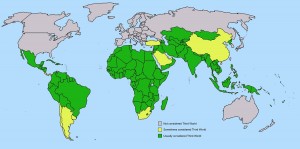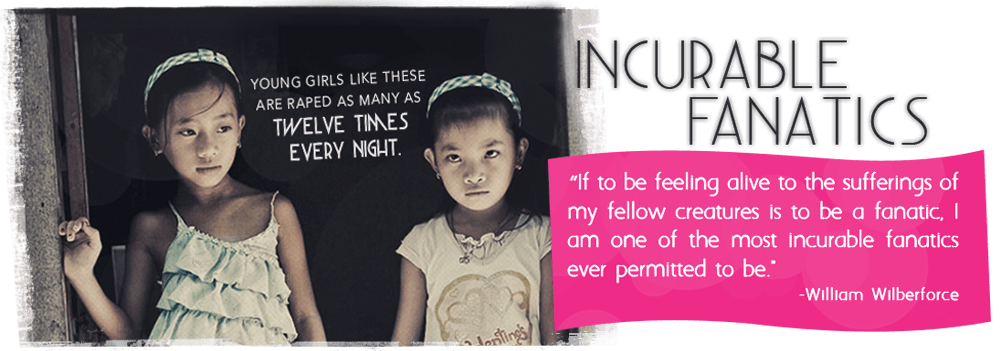 Cambodia is a 3rd world country and the United States is not. Why? What is the meaning of this term that is tossed out when referring to many mission locations?
Cambodia is a 3rd world country and the United States is not. Why? What is the meaning of this term that is tossed out when referring to many mission locations?
Actually there is not one term, but three. During the Cold War the United States and its non-Communist allies were deemed the First World, the Communist bloc was defined as the Second World, and nonaligned nations, which were predominantly poor, were designated the Third World.
Today, 3rd world usually refers to areas of the most impoverished countries and regions of the world, serving as a blanket term for characterizing the political and economic life of Latin America, Africa and Asia – Cambodia where we now live. One might also use this term to describe extreme destitution in otherwise affluent countries.
The TEFL Academy which certifies and trains teachers all over the world outlines 20 characteristics that generally apply to most Third World countries.
1. Low life expectancy is encountered in these countries due to the lack of money allocated to health services, and because people have less access to quality medical care.
2. Low standards of education.
3. Poor health care. Over 11 million children die each year from illnesses such as malaria, diarrhea, and pneumonia.
4. Unemployment.
5. Poor nutrition. 824 million people go hungry or have a very limited food supply while an additional 500 million suffer from serious malnutrition.
6. A lack of clean drinking water. In excess of one billion people do not have proper access to clean drinking water, 400 million of which are children.
7. Overpopulation.
8. Poverty. About one in four people have no means to live on, and millions of people live on less than $1 a day.
9. Economic dependence on more developed countries.
10. Their economies are devoted to producing primary goods for the developed world whilst providing markets for finished goods manufactured in the developed world.
11. The ruling elites of most of these countries are extremely wealthy.
12. Corruption is endemic in a lot of these countries.
13. Control of major economic activities such as mining and cultivation is often retained by foreign firms.
14. The price of their goods is often determined by the developed countries.
15. Trade with developed countries is practically the only source of income.
16. Human rights are less protected.
17. A total lack or inadequate national electricity grid- 1.6 billion people live without electricity in these countries.
18. Although some of these countries, such as Venezuela and Nigeria, are rich in natural resources: very little benefit is felt by the ordinary people.
19. These countries are often ruled by dictatorial regimes, or corrupt ‘democratically elected’ governments.
20. HIV/AIDS is a serious problem in some of these countries, especially in sub-Saharan Africa.
Much of this list describes our precious Cambodia and the environment where we work. Understanding the living conditions of the people is essential in showing them to Christ. Pray for the Khmer people and those caught up in the ravages of sex trafficking. Only Christ can be their hope! These too are God’s precious people and He is setting them free!
In some ways, these third world folks understand the love of Christ that first world folks just can’t. We are privileged to be working with them and seeing God work through them to show the world how to set captives free.
Note: TEFL is an acronym for Teaching English as a Foreign Language. TEFL academies are all around the world.

